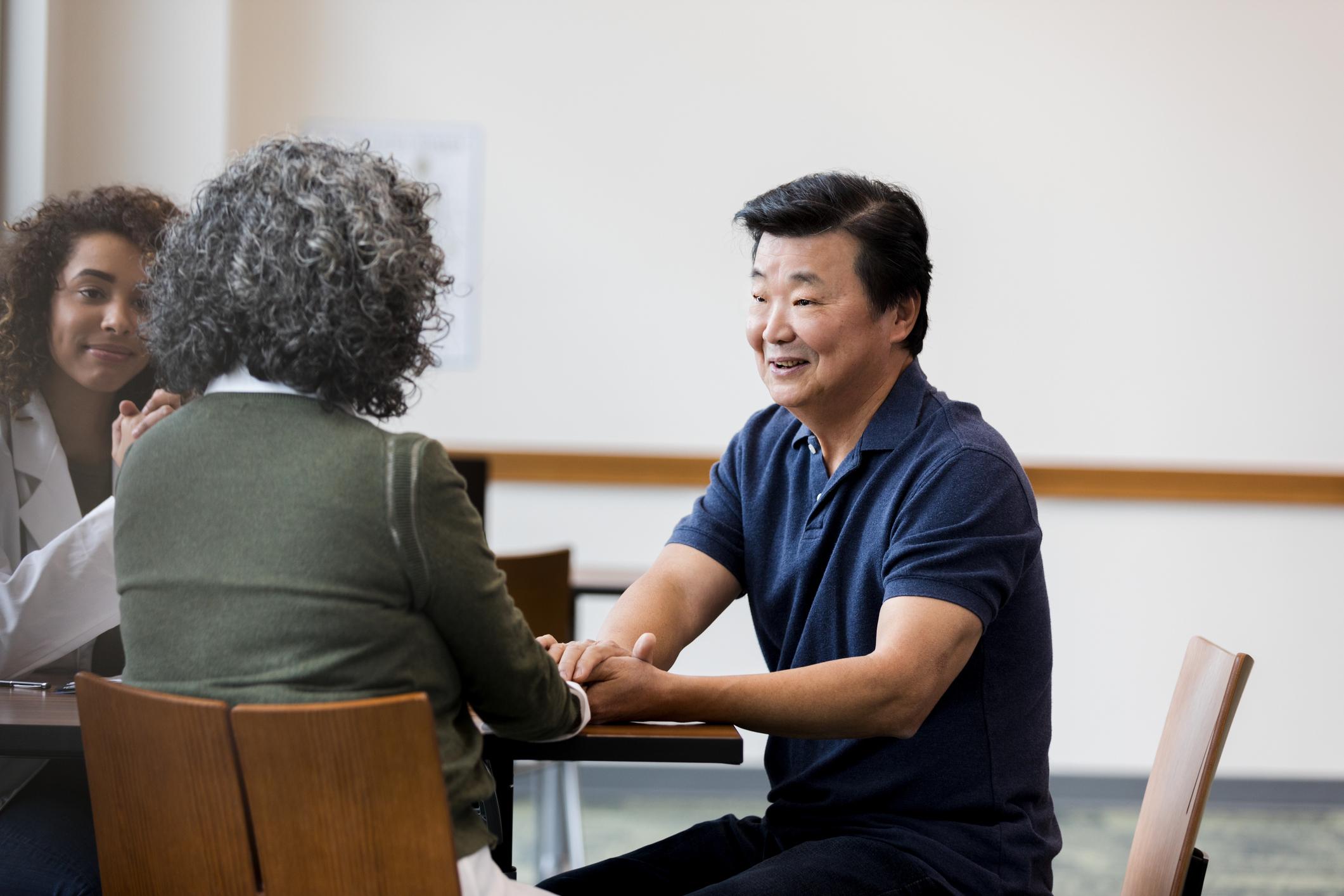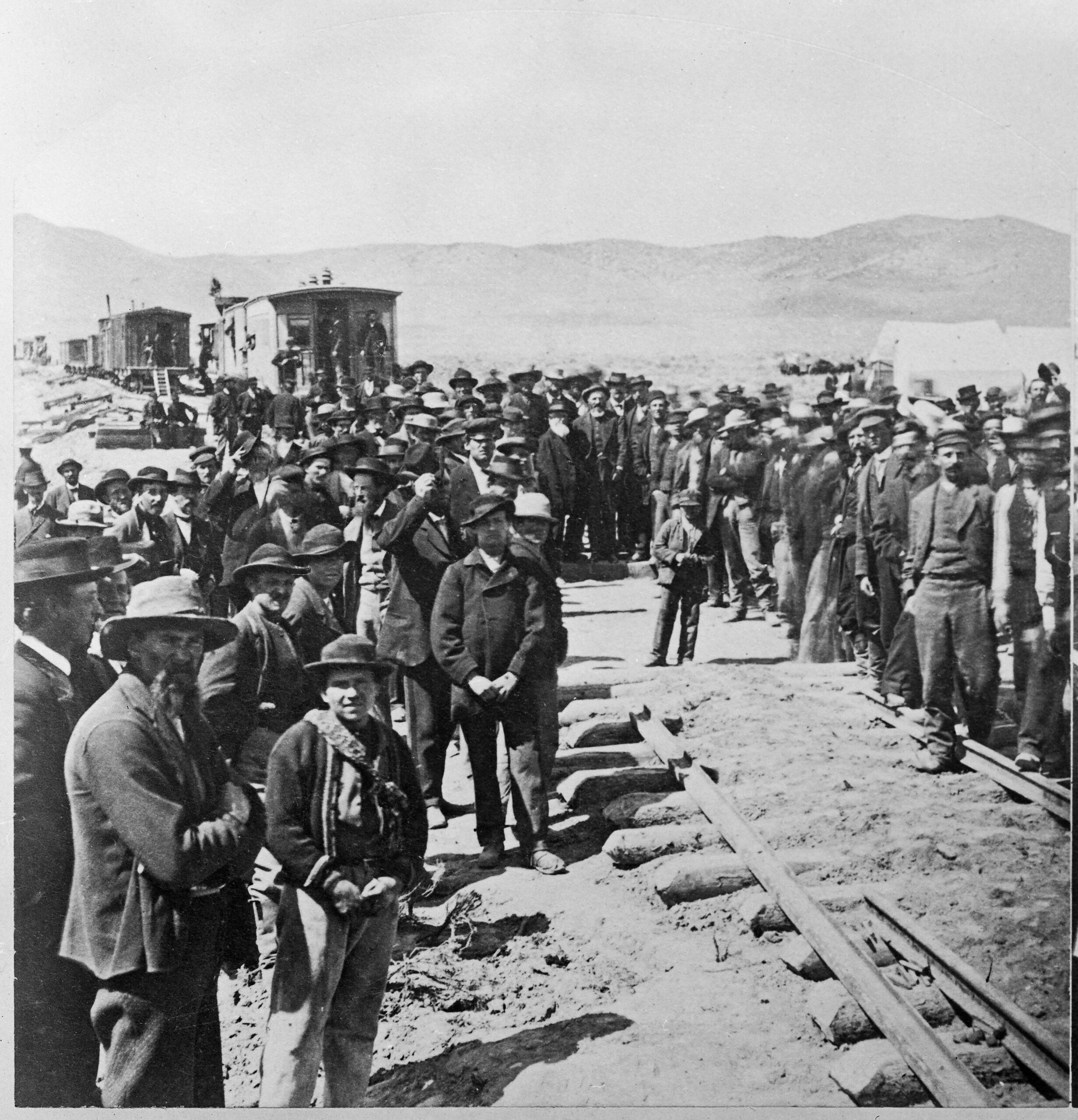
About the show
Longtime tech, culture, and political writer Derek Thompson cuts through all the noise surrounding the big questions and headlines that matter to you in his podcast Plain English. Hear Derek and guests engage the news with clear viewpoints and memorable takeaways. New episodes drop weekly, and if you’ve got a topic you want discussed, shoot us an email at plainenglish@spotify.com.
Hosts

Episode Breakdown
Throughout December and January, we’re going to be re-airing some of our favorite episodes of the past year and beyond. This list includes interviews that really stuck with me and some others that you guys had tons of feedback and thoughts on … including this one!
Hosts
Hosts
Episode Breakdown
Throughout December and January, we’re going to be re-airing some of our favorite episodes of the past year and beyond. This list includes interviews that really stuck with me and some others that you guys had tons of feedback and thoughts on … including this one!
On the State of AI
All Episodes
Health and Wellness ... and their Politics
Plain History: The Full Series
Abundance




























